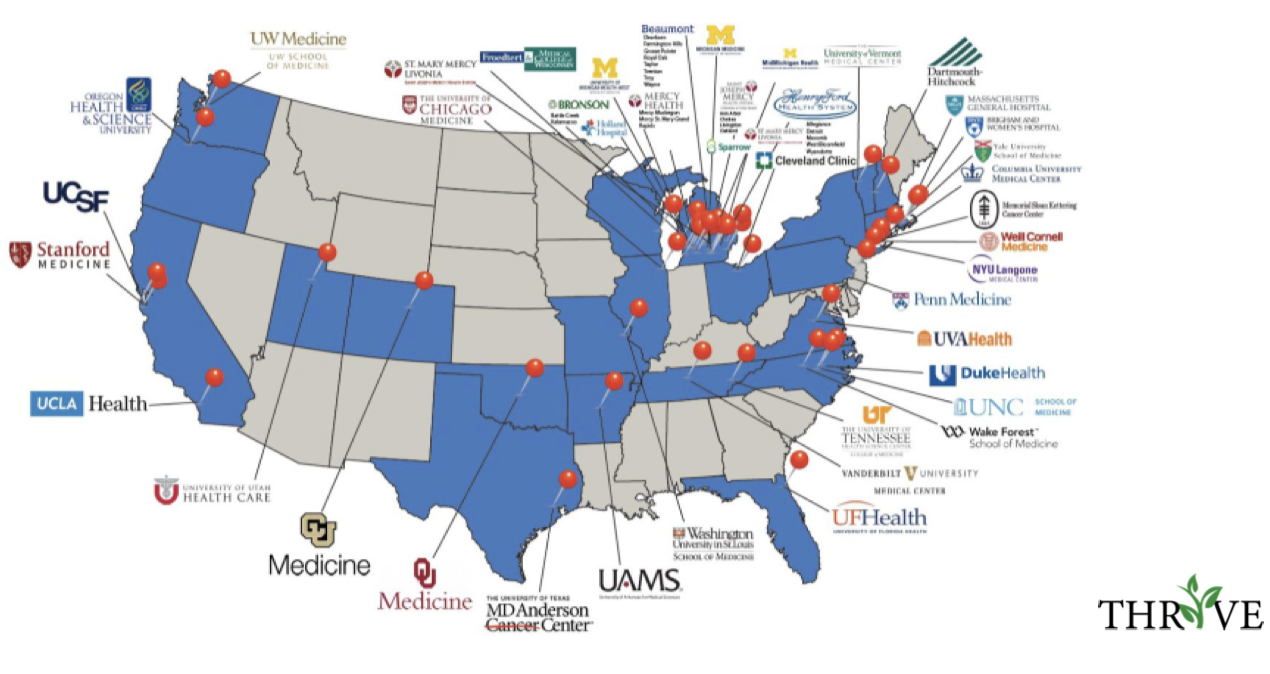Abstract
Introduction
Millions of patients receive general anesthesia for surgery annually. Crucial gaps in evidence exist regarding which technique, propofol total intravenous anesthesia (TIVA) or inhaled volatile anesthesia (INVA), yields superior patient experience, safety, and outcomes. The aim of this pilot study is to assess the feasibility of conducting a large comparative effectiveness trial assessing patient experiences and outcomes after receiving propofol TIVA or INVA.
Methods and analysis
This protocol was co-created by a diverse team, including patient partners with personal experience of TIVA or INVA. The design is a 300 patient, two-center, randomized, feasibility pilot trial. Patients 18 years of age or older, undergoing elective noncardiac surgery requiring general anesthesia with a tracheal tube or laryngeal mask airway will be eligible. Patients will be randomized 1:1 to propofol TIVA or INVA, stratified by center and procedural complexity. The feasibility endpoints include: 1) proportion of patients approached who agree to participate; 2) proportion of patients who receive their assigned randomized treatment; 3) completeness of outcomes data collection; and 4) feasibility of data management procedures. Proportions and 95% confidence intervals (CI) will be calculated to assess whether pre-specified thresholds are met for the feasibility parameters. If the lower bounds of the 95% CI are above the thresholds of 10% for the proportion of patients agreeing to participate among those approached and 80% for compliance with treatment allocation for each randomized treatment group, this will suggest that our planned pragmatic 12,500 patient comparative effectiveness trial can likely be conducted successfully. Other feasibility outcomes and adverse events will be described.
Ethics and dissemination
This study is approved by the ethics board at Washington University, serving as the single Institutional Review Board for both participating sites. Recruitment began in September 2022. Dissemination plans include presentations at scientific conferences, scientific publications, internet-based educational materials and mass media.
Trial registration number on clinicaltrials.gov: NCT05346588
Strengths
-
This feasibility pilot study was conceptualized and created by a diverse group of stakeholders, with a range of relevant expertise and experiences.
-
This feasibility pilot study will demonstrate whether it is feasible to enroll the targeted patient population, adhere to the per-protocol treatment allocations, and collect relevant data prior to conducting a large pragmatic multi-center comparative effectiveness trial.
Limitations
-
This feasibility pilot study has limited external validity as it is unable to predict whether the procedures or processes for patient eligibility screening and enrollment, as well as clinician protocol adherence, are likely to be successful at other institutions.
-
This feasibility pilot study is not designed to detect changes in patient outcomes.
